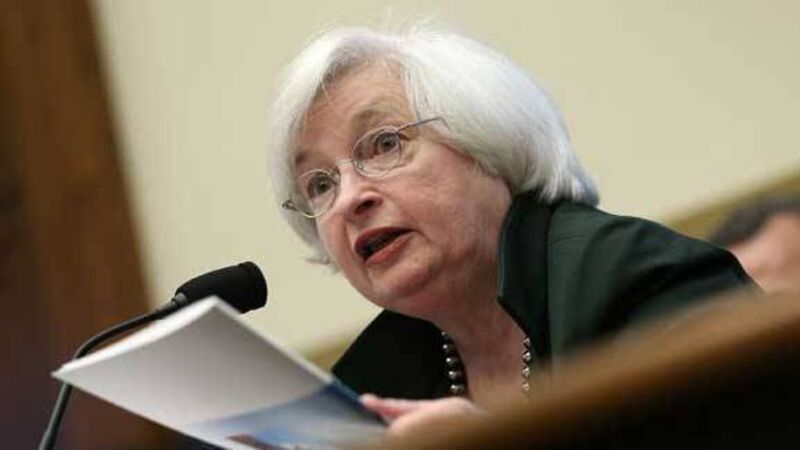Federal Reserve targets big bank customers

The Federal Reserve is set to propose so-called stays on derivatives and other contracts that would prevent counterparties from immediately pulling collateral from a failed bank.
The plan is meant to give authorities ample time to unwind a firm, hopefully heading off the frantic contagion that spread through markets when Lehman Brothers toppled in 2008.
















